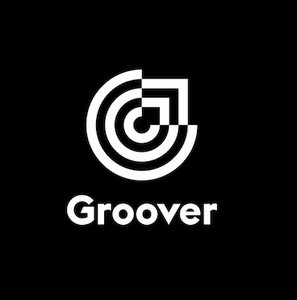When it comes to promotion, big-budget artists have always had an advantage over independent performers. However, algorithm modifications at Spotify, the rise of viral TikTok songs, and strategy shifts at publications such as Pitchfork and Rolling Stone have made it substantially more difficult.
It’s easier than ever to make music. This dynamic inspired the Groover creators. The Paris-based firm began in 2018 as a platform for independent musicians to promote themselves by allowing them to submit music to individual curators who can provide feedback and amplify music that they believe is good.
Romain Palmieri, co-founder and CEO of Groover, stated that he and his two co-founders founded the company to address promotion challenges they had encountered in their different music careers.
“Independent artists have more access to music creation, which is great and creates more creativity, but the main challenge for artists is how can you promote the music and get heard by the right people and get the right curation by the right people. We wanted to build something that could solve this.”
Romain Palmieri, co-founder and CEO of Groover
Groover just raised a $8 million Series A round, led by OneRagtime, Techmind, Trind, and Mozza Angels. Palmieri stated that the company intends to utilize the funds to expand further into the United States, which is now its largest market, as well as to introduce new tools for musicians, such as coaching and promotion resources.
The company’s business concept stands out. Groover’s 3,000+ music curators establish their own prices, and each transaction is split 50/50 between the curator and Groover. Palmieri stated that if a curator does not listen to a song within seven days, the musician will receive a refund; nonetheless, 90% of requests are fulfilled within that timeframe.
According to Palmieri, this system also benefits music curators. They also frequently struggle to identify diamonds in the midst of an ever-expanding sea of new music. Groover’s system allows workers to receive more direct payment for their labor while also making their jobs easier.
I’m delighted to see someone attempting to resolve this issue because, as a listener, discovering new music has become significantly more difficult. I’ve seen countless tweets and had multiple talks with friends demonstrating that this issue is felt across the board. Only one person continues to post in the pretentiously called Music Aficionados Facebook Group, which my friends and I founded in high school to share new music.
Groover isn’t the only startup that wants to support tiny musicians. GigFinesse is another startup that improves gig booking for musicians and venues by providing a more streamlined booking and payment method.
I liked GigFinesse in the same way I like Groover: businesses that provide straightforward solutions for all sides of the table. Both of these ventures benefit artists, as well as people in the industry who work to get those artists off the ground. To thrive, the community must rely on one another. Every musician started somewhere.
